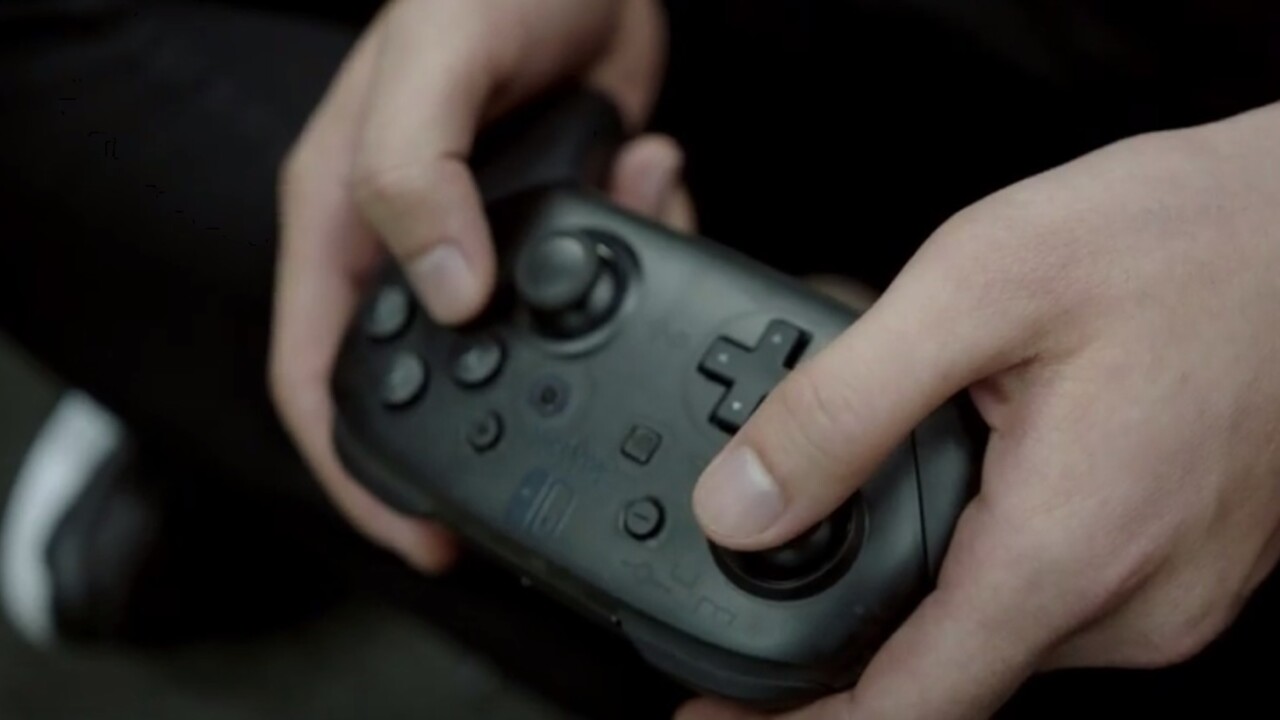
Buried on Reddit is a modestly popular sub called /r/stopgaming. It’s dedicated to helping those who suffer from self-professed gaming addiction, though it has to do so in the face of doubt and even scorn from the rest of Reddit’s ardent gaming community.
The relationship between Reddit and gaming is … let’s call it comfortable symbiosis that sometimes borders on reverence. The number of large and active gaming subreddits is mind-boggling, and the gamers who dwell within them are passionate, knowledgeable, and for the most part a friendly crew.
With that in mind, /r/stopgaming comes across as a bit of an oddity. On the surface, it’s very similar to other support subreddits, such as /r/depression, that have proliferated on the site as a sort of ad hoc help system for those who are either unable or unwilling to seek traditional counseling. However, /r/stopgaming also has to contend with attention from those within the gaming communities who reject both the concept behind it, and the experiences of the people within it.
The subreddit is tied closely with the forum GameQuitters — a more structured support site for those who want to go cold turkey — with one of the sub’s moderators being none other than the Quitters’ founder, Cameron Adair. More than once, Adair says he’s had to deal with gamers entering the sub and taking issue with its subject matter:
Our subreddit’s been raided. Last year, there was a post that went viral — I think it was on AskReddit — that said “College students who failed college: What happened?” One of the top comments was someone sharing that he had two separate roommates fail out of college from playing World of Warcraft. [Note: This is the thread he’s talking about. The original user was talking about League of Legends, but responses include examples of WoW addiction.] A response to that comment was our subreddit — someone linked it. In April last year we had 140,000 people raid our subreddit. Most of them were gamers who were very angry, who said we were an embarrassment to addiction, gaming addiction wasn’t real…
The stigma that gaming addiction is not as valid or as “real” as similar disorders became even more pointed this year with the World Health Organization’s (WHO) inclusion of “gaming disorder” in the latest draft of its International Compendium of Diseases. Its definition read:
Gaming disorder is characterized by a pattern of persistent or recurrent gaming behaviour (‘digital gaming’ or ‘video-gaming’), which may be online (i.e., over the internet) or offline, manifested by: 1) impaired control over gaming (e.g., onset, frequency, intensity, duration, termination, context); 2) increasing priority given to gaming to the extent that gaming takes precedence over other life interests and daily activities; and 3) continuation or escalation of gaming despite the occurrence of negative consequences.
To be fair, the actual science behind a “gaming disorder” has yet to be adequately explored, and some are calling the WHO’s move “premature.” According to Polygon, some members of the scientific community believe the move was prompted by moral panic and pressure from countries where gaming is considered more of a cultural problem — see also, Chinese company Tencent’s crackdown on mobile game use among children.
Adair told TNW he defines addiction thus (in terms very similar to the WHO’s definition):
The difference between an addiction and a passion is the negative impact it’s having on your life, and with gaming, we see members who are failing college, who are getting divorced, who are having major problems at home with their families. They need help and I think we should give it to them.
The readers of /r/stopgaming have lived experience on their side, so it’s hard to make the same argument to them as others are doing to the WHO. Their stories share common elements: They gamed to the exclusion of all else, and at some point had to make the decision to break away from games for their own mental health. Adair himself says his gaming habits — 16 hours a day at his worst — caused him to drop out of high school twice and left him unable to hold down a steady job.
Adair says his major concern is that the sub’s openness also leaves its users more vulnerable to such attacks:
For me personally, I can get a death threat. I can have someone email me telling me that I’m an idiot or whatever, and it doesn’t get to me. I know who I am, and I know what I’m doing, and I know why. But the thing that worries me is a 13-year-old who just joined that subreddit who’s on there because he’s struggling, looking for support. He’s already feeling alone. Then he gets all these comments mocking him. It’s very hurtful and can be very damaging.
That said, there are signs of hope. If you look at the most up-voted posts on the sub, three out of the top five posts are from users encouraging the community to keep up their work, and that many users benefit from their lessons. Adair urges anyone visiting to see the difference between the needs of the sub’s users and the gaming community in general: “To recognize [gaming addiction] is not to say that all gamers have a problem.”
Get the TNW newsletter
Get the most important tech news in your inbox each week.




